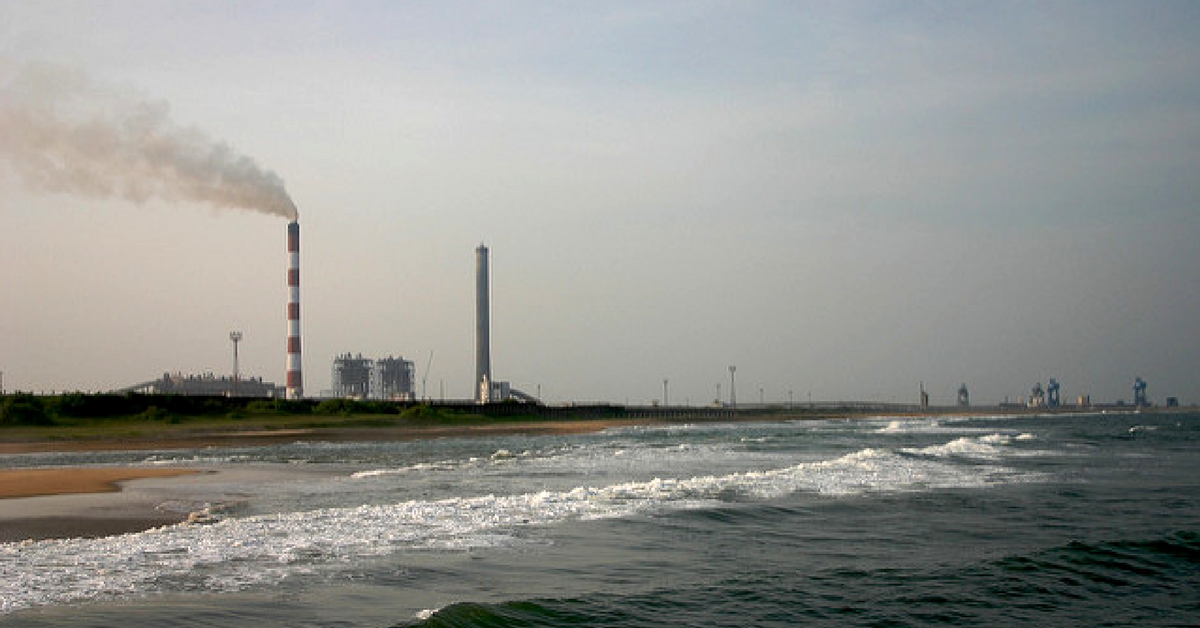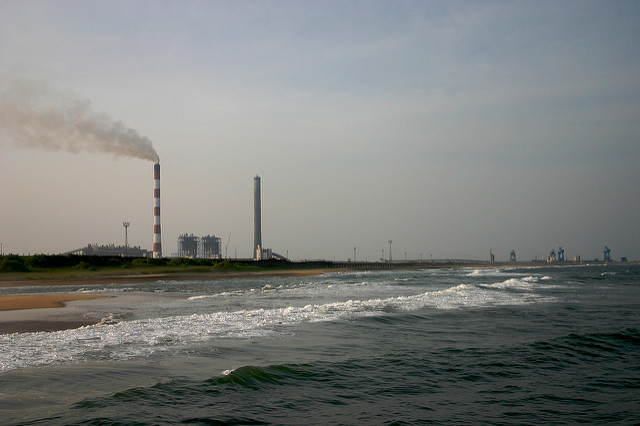Clean Water Going Down the Drain? Not Anymore in Maharashtra!
The policy to recycle wastewater and reuse it for industrial uses in the public sector was sanctioned by Devendra Fadnavis’ cabinet on Wednesday.

Maharashtra has been sometimes criticised in the past for allowing untreated or inadequately treated sewage water be passed onto freshwater reserves.
In order to stop this practice and to make use of the treatable water that goes down our drains, the state has decided to make municipalities responsible for recycling and reusing wastewater by installing tertiary treatment plants, reports The Indian Express.
This policy to recycle wastewater and reuse it for industrial uses in the public sector was sanctioned by Devendra Fadnavis’ cabinet on Wednesday. Manisha Patankar-Mhaiskar, Principal Secretary (Urban Development-II), said that this was the first time that such an initiative was introduced in the state.
The recycled wastewater will be used to cool thermal power plants, serve industrial estates, and other non-potable purposes.

The government’s first step will be reusing 6,888 million litres of daily sewage generated across 71 urban agglomerates by 2020.
“Of this, about 4,738 million litres daily already undergoes secondary-level treatment of effluent. Similar treatment plants are on the anvil to cater to another 2,150 mld of sewage,” said Manisha told The Indian Express.
The cabinet has asked the urban bodies in 71 belts to get back to them with an action plan within a year and implement it within the next three years. It has also said that the dam water supplies would be withdrawn from industrial areas and power plants located within 50 km of the municipality. This will be done till the treated wastewater is available.
Like this story? Or have something to share?
Write to us: [email protected]
Connect with us on Facebook and Twitter.
NEW: Click here to get positive news on WhatsApp!
This story made me
-
97
-
121
-
89
-
167
Tell Us More
We bring stories straight from the heart of India, to inspire millions and create a wave of impact. Our positive movement is growing bigger everyday, and we would love for you to join it.
Please contribute whatever you can, every little penny helps our team in bringing you more stories that support dreams and spread hope.


















